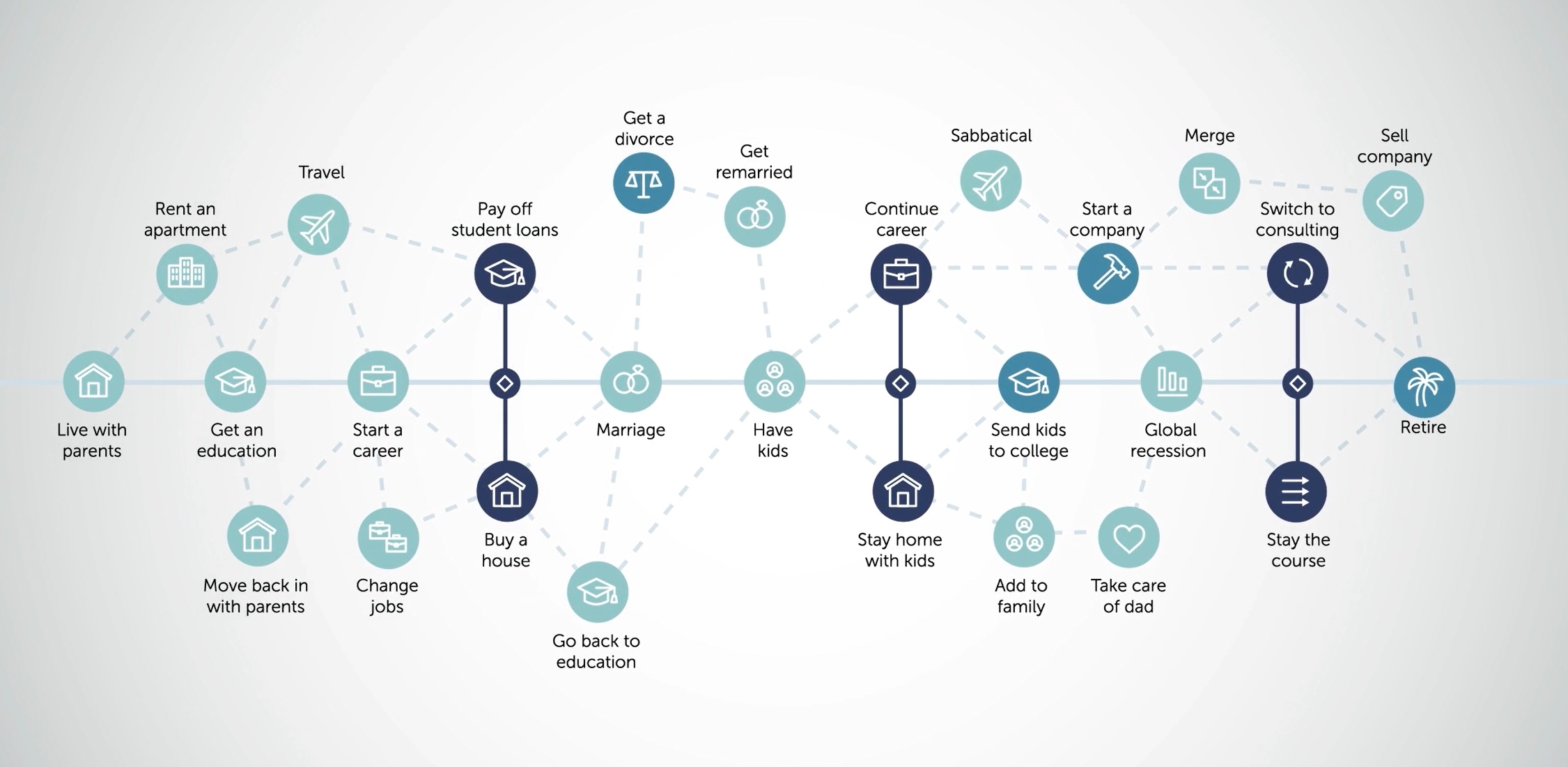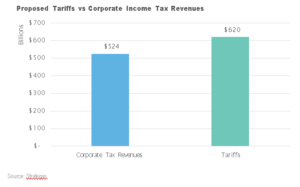By Jonathan Scheid, CFA, AIF®
Higher inflation not only impacts prices for goods and services, but it also influences government program benefits and the taxes we pay. Government officials use a re-calibration system when they pass many laws now, and that key calibrator is inflation. To soften the blow from higher prices, the adjustments for 2023 have been some of the largest we’ve seen in a long time. Here’s how you may benefit:
Social Security Benefits:
![]() What’s changing: Social Security benefit checks will rise 8.7%.
What’s changing: Social Security benefit checks will rise 8.7%.
Why it matters: This is the largest cost-of- living adjustment since the early 1980s, and it will go a long way in helping those receiving Social Security or Supplemental Security Income offset higher prices.
Standard Deduction for Federal Tax Return:
![]() What’s changing: For married couples filing jointly: $27,700, up $1,800 from 2022. For single taxpayers and married individuals filing separately: $13,850, up $900. For heads of households: $20,800, up $1,400.
What’s changing: For married couples filing jointly: $27,700, up $1,800 from 2022. For single taxpayers and married individuals filing separately: $13,850, up $900. For heads of households: $20,800, up $1,400.
Why it matters: Higher standard deductions may reduce your overall federal tax burden. If you itemize your deductions, the threshold between itemizing and taking the standard deduction just increased.
Federal Income Tax Brackets:
![]() What’s changing: The federal government applies taxes in a tiered fashion, using rates ranging from 10% to 37%. The rate you pay depends on your income and which bracket you fall in. While all the rates will remain the same, the breakpoints between the tiers, or income brackets, increased about 7%.
What’s changing: The federal government applies taxes in a tiered fashion, using rates ranging from 10% to 37%. The rate you pay depends on your income and which bracket you fall in. While all the rates will remain the same, the breakpoints between the tiers, or income brackets, increased about 7%.
Why it matters: If your income doesn’t change in 2023 versus 2022, the taxes you owe will likely go down since more money will be taxed at lower rates. For higher income earners, some of this will be offset by the increase in wages subject to the Social Security payroll tax ($160,200, up from $147,000 in 2022).
IRA Maximum Contribution:
![]() What’s changing: The limit on annual contributions to an IRA increased to $6,500, up from $6,000. This includes both traditional and Roth IRAs. The IRA catch up contribution limit for individuals 50 and over is not subject to an annual cost-of-living adjustment and remains $1,000.
What’s changing: The limit on annual contributions to an IRA increased to $6,500, up from $6,000. This includes both traditional and Roth IRAs. The IRA catch up contribution limit for individuals 50 and over is not subject to an annual cost-of-living adjustment and remains $1,000.
Why it matters: The key advantage of a traditional IRA is tax-deferred growth. You’ll be able to contribute more to the account now and pay taxes later down the road when you take distributions. For Roth IRAs, you can now contribute more after-tax money and let it grow tax free.
Retirement Plan Maximum Contribution:
![]() What’s changing: Employees who participate in 401(k), 403(b), most 457 plans and the federal government’s Thrift Savings Plan can contribute up to $22,500 in 2023, up from $20,500 in 2022. Catch-up contribution limits for employees 50 and over also increased to $7,500 from $6,500.
What’s changing: Employees who participate in 401(k), 403(b), most 457 plans and the federal government’s Thrift Savings Plan can contribute up to $22,500 in 2023, up from $20,500 in 2022. Catch-up contribution limits for employees 50 and over also increased to $7,500 from $6,500.
Why it matters: Participants in some of the most popular retirement plan programs can save more for retirement now than ever before. In fact, participants 50 and over can contribute as much as $30,000 per year to their retirement plan.
Estate and Gifting:
![]() What’s changing: The annual exclusion for gifts: $17,000, up from $16,000 in 2022. Estates of descendants who die during 2023 have a basic exclusion amount of $12,920,000, up from $12,060,000 in 2022.
What’s changing: The annual exclusion for gifts: $17,000, up from $16,000 in 2022. Estates of descendants who die during 2023 have a basic exclusion amount of $12,920,000, up from $12,060,000 in 2022.
Why it matters: People can now pass more money tax-free while they are alive (as gifts) or after they depart (through their estate).
Sources: IRS Revenue Procedure 2022-38 and IRS Notice 2022-55.
For informational and educational purposes only. The opinions expressed by featured authors are their own and may not accurately reflect those of Buckingham Wealth Partners®. This article is for general information only and is not intended to serve as specific financial, accounting or tax advice. R-22-4765










 by Launch Kits
by Launch Kits